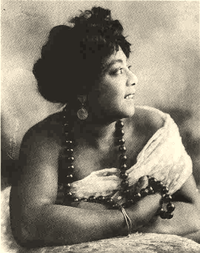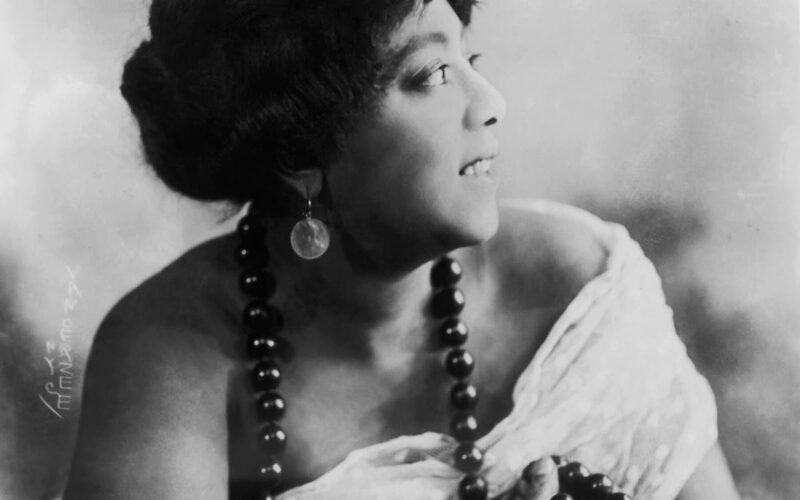Mamie Smith holds a special place in the history of music as a trailblazer who broke barriers for African American artists in the recording industry. Known as the “Queen of Blues,” her legacy resonates with fans of blues, jazz, and beyond. Here are five fascinating curiosities about this iconic figure:
1. First African American Woman to Record a Blues Song
Mamie Smith made history on August 10, 1920, by recording “Crazy Blues,” which became the first-ever blues recording by an African American woman. The song’s release marked the beginning of a new era, opening the doors for countless Black artists to showcase their talent in the recording industry. Its success was monumental, selling over a million copies within a year.
2. She Wasn’t Originally a Blues Singer
Although Mamie Smith is celebrated for her contributions to blues, her career began in vaudeville, where she performed as a singer, dancer, and actress. She was initially known for her versatility, performing various musical styles, from jazz to pop standards. It wasn’t until she was introduced to blues that her career reached historic heights.
3. A Pioneer for Black Representation in Music
Mamie Smith’s recordings didn’t just entertain—they challenged racial norms of the time. Before her breakthrough, record companies typically marketed blues music only to white audiences. Her success proved that Black audiences were an untapped market, leading to the creation of the “race records” category, which showcased African American talent.
4. Mamie Smith’s Connection to Harlem Renaissance
During the height of her career, Mamie Smith was closely associated with the vibrant cultural movement of the Harlem Renaissance. Her music, style, and performances reflected the spirit of the era, celebrating Black identity and creativity. She performed in theaters across the U.S., including the prestigious Apollo Theater, solidifying her status as a cultural icon.
5. A Legacy Beyond Music
Mamie Smith was more than a singer; she was also an actress and appeared in films such as Jailhouse Blues (1929) and Paradise in Harlem (1939). Her multifaceted career paved the way for African American women to enter the entertainment industry in diverse roles, showcasing their talent both on-screen and in music.
Mamie Smith’s Enduring Influence
Mamie Smith’s groundbreaking achievements laid the foundation for generations of blues, jazz, and R&B artists. Her music continues to inspire, reminding us of her role in shaping the landscape of American music.
Whether you’re a long-time blues enthusiast or new to the genre, exploring Mamie Smith’s work is a journey through the roots of modern music. Dive into her recordings, and discover the legacy of a true pioneer.


Comments are closed